Underground Television Channels: What are they?
What was once a dream in the eyes of inventors nearly 75 years ago has reformed into what is known today as the good old TV. Throughout the past few decades, the television medium has revolutionized with better cinematic features, star struck actors, and technology obviously having a great influence to the overall media production. However, in the underground world, for one reason or another, many shows have kept a low key profile. Would they be classified as underrated? Yes, probably. Entertaining? Maybe. Worth watching? Depends. Beyond the norm? You bet.
Besides the fact that underground tv channels and shows earn a lack of awards, receive few critical acclaims and star unknown actors, they fail to accomplish what any other tv channel or show would do: bring laughter in moments of comic relief with bizarre, gaping plots, churn out tears in the despairingly heart wrenching scenes, and add tension in the minutes of mystery and suspense. This description may characterize everyday television. Underground television though is a whole different sphere.
First and foremost, what exactly is underground tv? While there is no clear cut definition, one can expect underground tv to pertain to anything aside from standard tv. With its gadfly’s eye view of television’s potential beyond the stereotypes and underlying humbug qualities, underground tv gets to the hardcore, sometimes even crude, forms of telling a story. These tv shows do not have to, or rather, do not care to mask the controversial remarks regarding society or any major incident.
Take for example Channel One, the very epitome of underground television. From mockery of presidential press conferences to satirizing noxious commercials, Channel One brings audience members a spice of preposterous delight with a few brushes of outright genius comedy.
Although blunt, direct, serious one minute but joking the next and under the surface due to its niche nature, underground television does not lose its focus of exercising a bit more freedom, and hence a bit more imagination than regular television does.


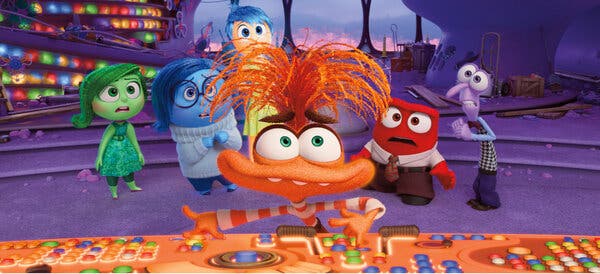

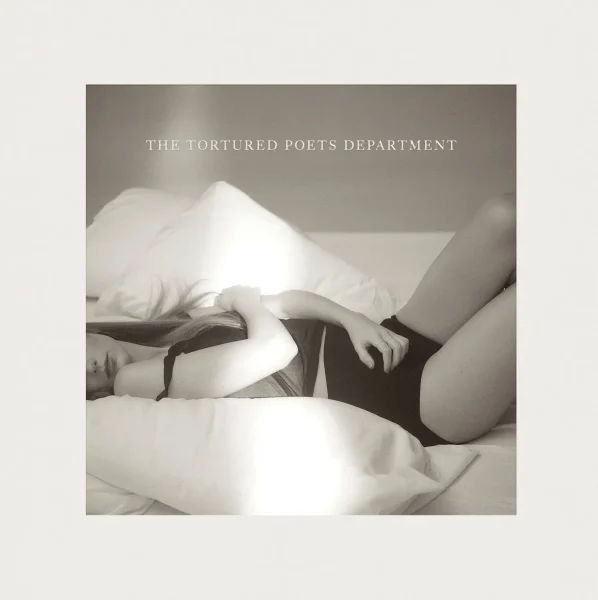
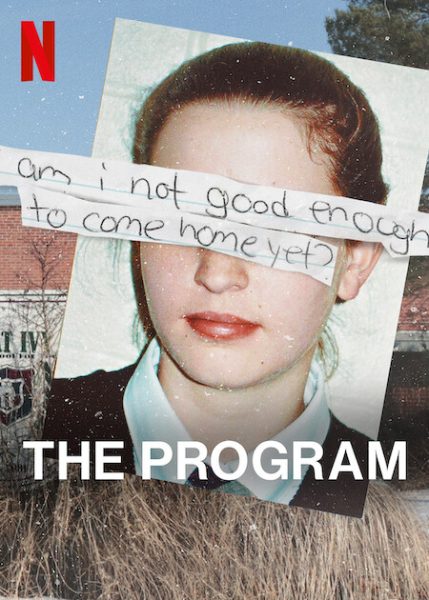
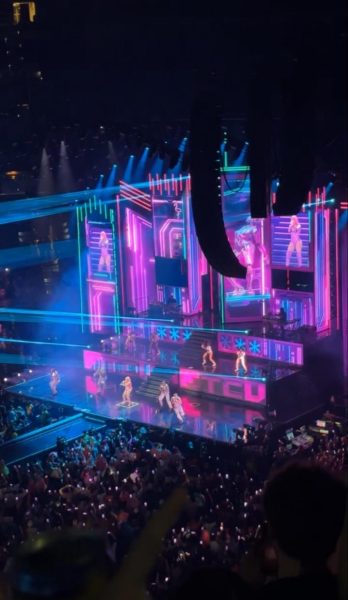
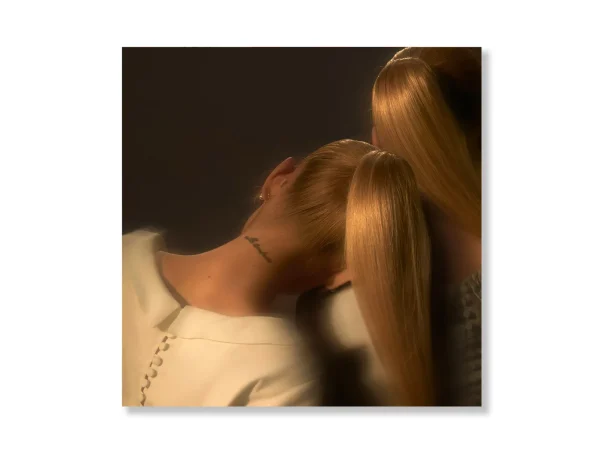
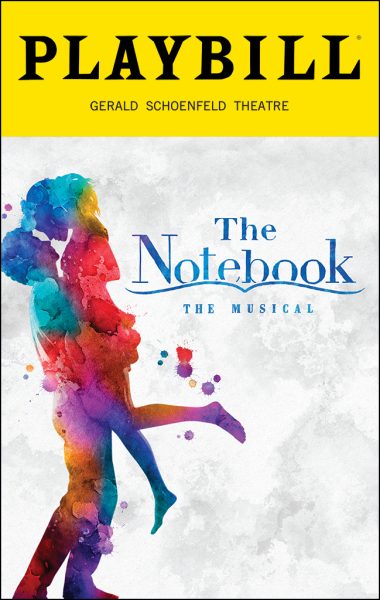
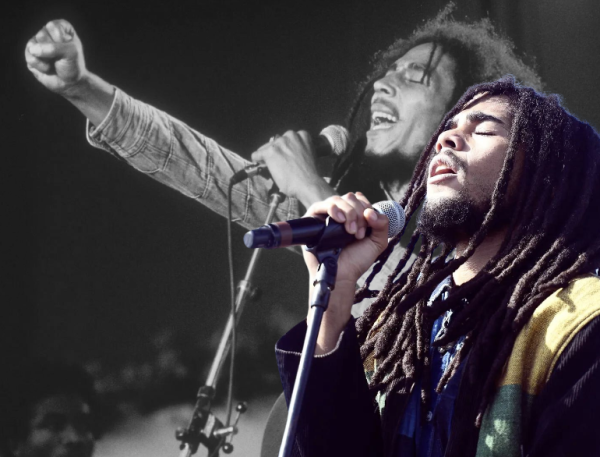

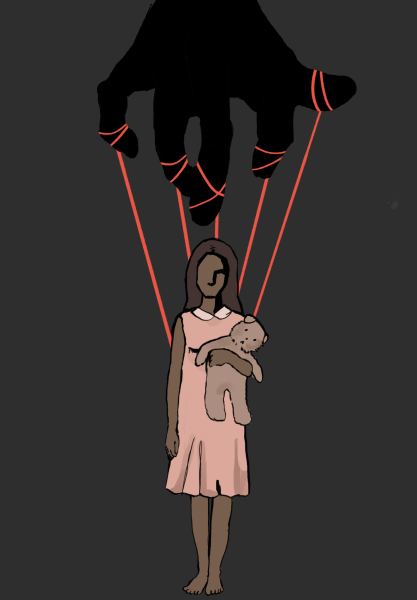
Jonny Smith • Jun 14, 2018 at 3:07 pm
With the evolution of technology, the medium of television has also been modified. It has been updated to broadcast Star casting, cinemas etc. This is definitely the impact of technology. also, the concept of underground television has been discussed in this article.